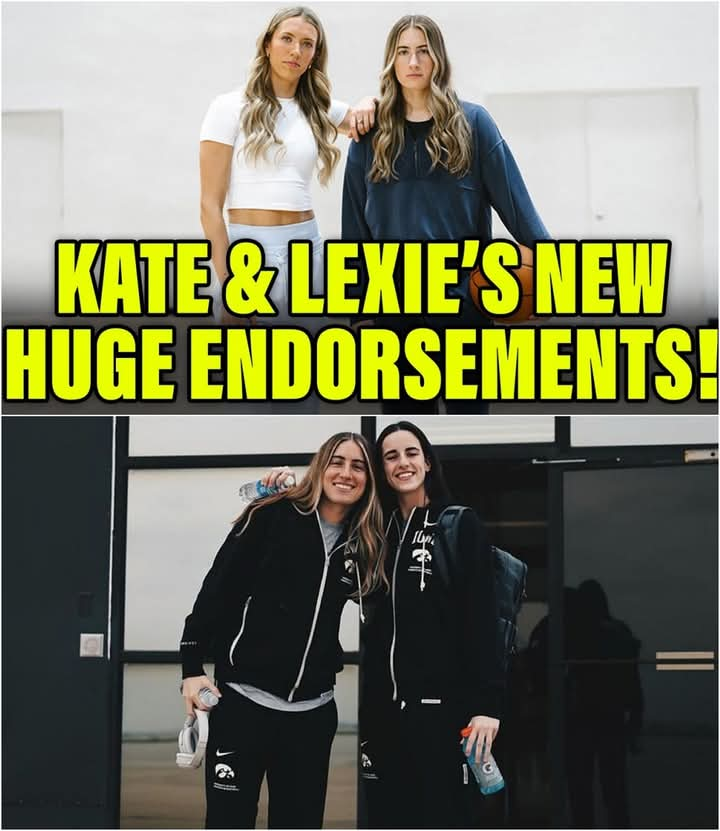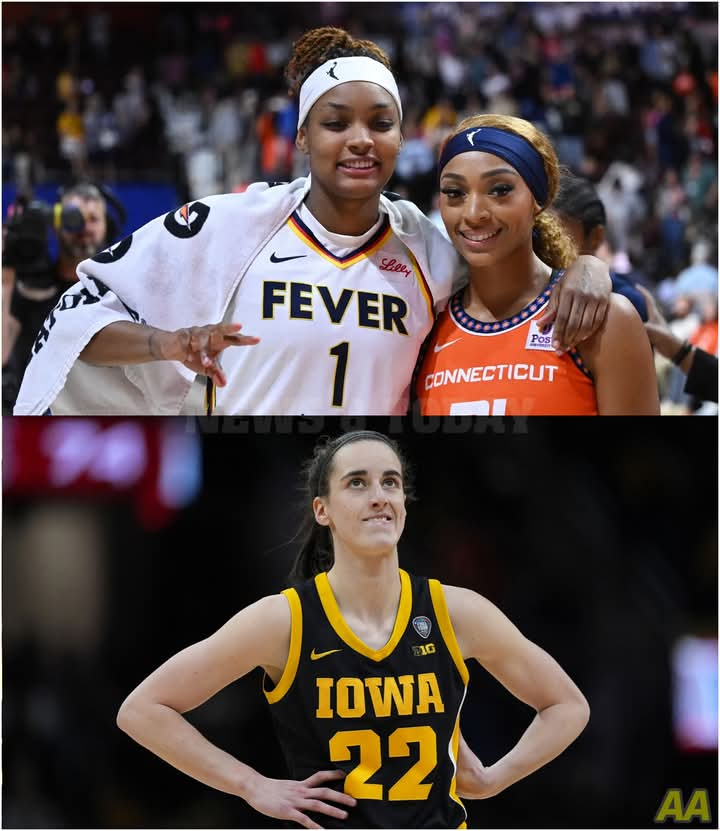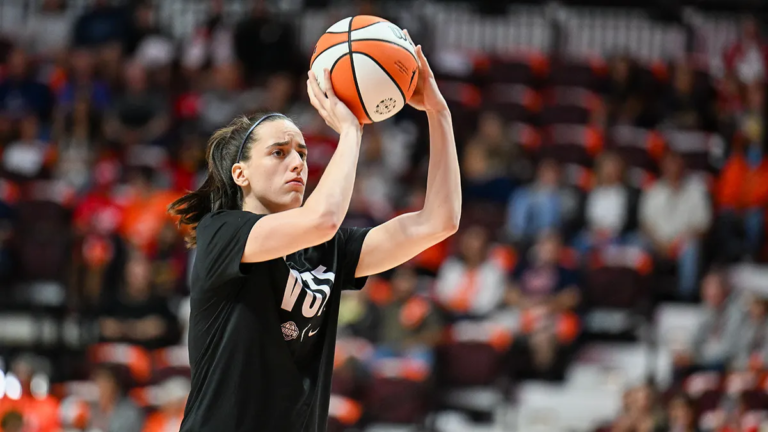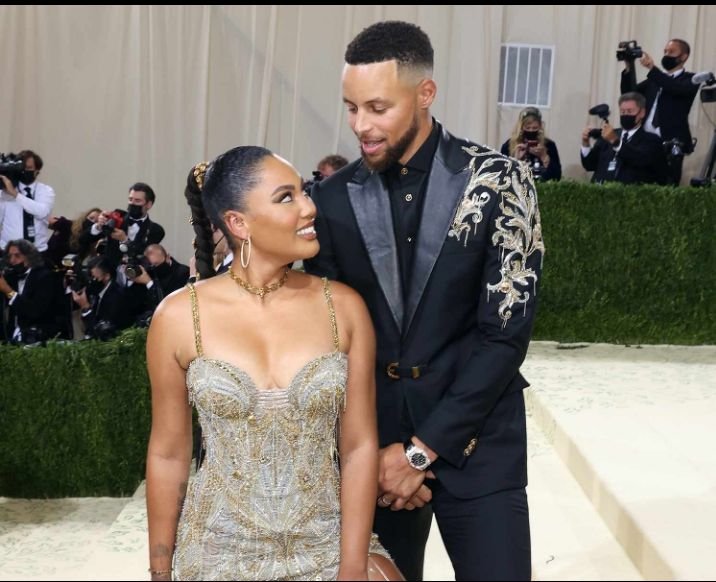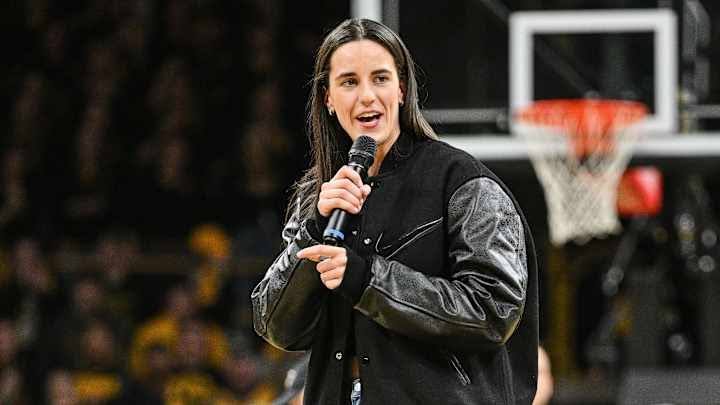
Indiana Fever guard Caitlin Clark took the WNBA by storm in her rookie season, captivating audiences and setting new viewership and attendance records. However, despite her immense impact, her salary remains a mere $76,500 due to the league’s restrictive collective bargaining agreement. Clark’s agent recently admitted that securing fair compensation for the rising star under the current system is virtually impossible, underscoring a larger issue of player wages in women’s basketball.
The WNBA’s collective bargaining agreement, which players opted out of in 2024, imposes strict limits on rookie contracts, preventing even generational talents like Clark from negotiating higher salaries. “Will Caitlin Clark ever be paid by the WNBA what she’s really worth to that league? I don’t think that’s possible,” her agent, Erin Kane, told ESPN. “She’s part of a larger player body. They all need to be paid more. She should be recognized for what she has done and what she’s brought to the league from an economic standpoint.” Kane’s comments highlight a growing frustration among athletes and advocates pushing for financial reform in the league.
Clark did have alternative opportunities when she declared for the WNBA draft. Rapper Ice Cube’s BIG3 league reportedly extended an unprecedented two-year, $10 million offer for her to compete against male players in their three-on-three competition. The deal also included an ownership stake in a franchise and a share of her merchandise revenue—an offer far beyond what the WNBA currently provides. Though she ultimately chose the WNBA, Clark’s decision reignited conversations about financial disparity in professional women’s sports.
The struggle for fair wages has long forced many WNBA players to seek additional income overseas. Each offseason, dozens of athletes travel to foreign leagues, often enduring grueling schedules and unpredictable conditions to supplement their earnings. Ice Cube himself weighed in on the matter, stating, “America’s women athletes should not be forced to spend their offseasons playing in often dismal and dubious foreign countries just to make ends meet.” His statement sheds light on the lack of viable domestic alternatives for female athletes seeking fair compensation.
For now, Clark’s primary financial gains come from endorsement deals rather than her WNBA salary. The former Iowa standout secured an eight-year, $28 million contract with Nike last spring, with her own signature shoe set to debut in 2026. While lucrative sponsorships provide a safety net for high-profile players, the broader issue of fair wages in women’s basketball remains unresolved. With ongoing discussions surrounding WNBA salary structures, Clark’s case serves as yet another example of the financial inequities still plaguing the sports.

